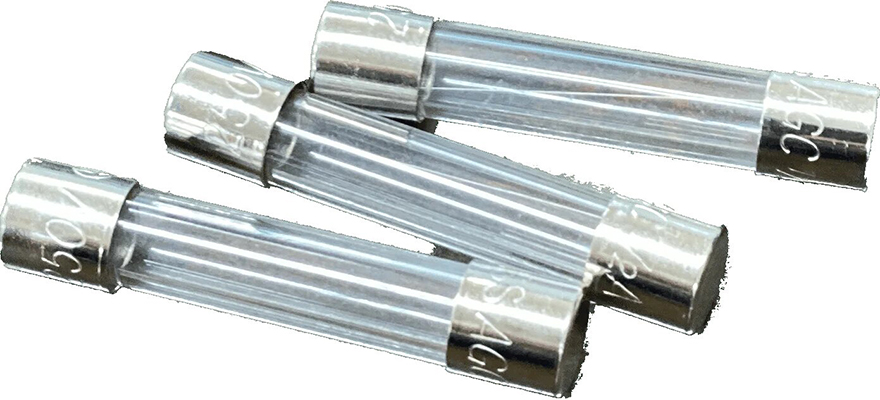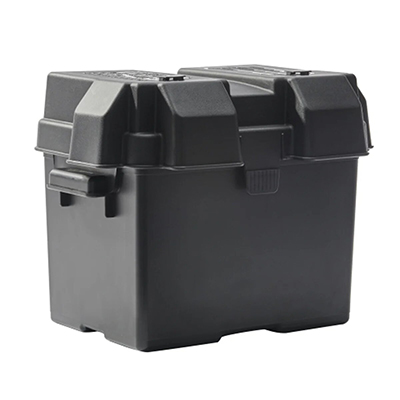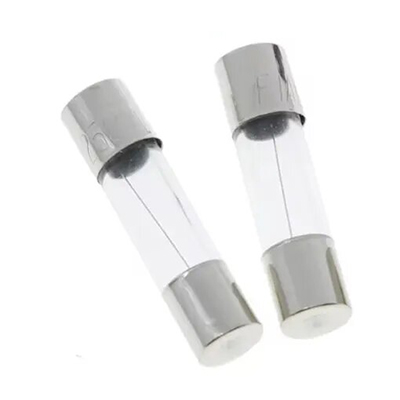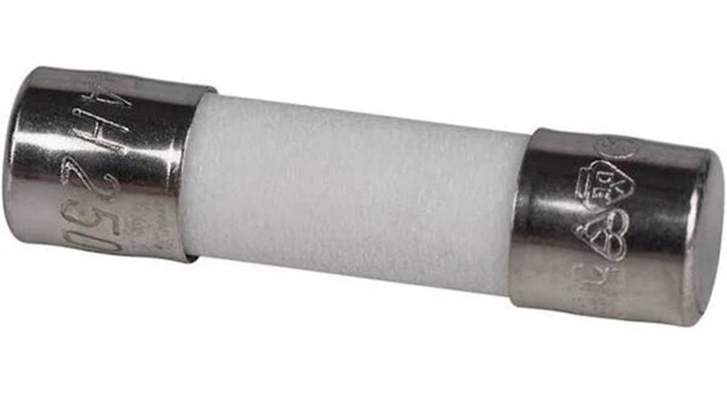Enhancing Thermal Stability Performance of Fuses in High-Temperature Engine Bays
News 2025-10-24
Fuses are critical components in electrical systems, particularly in automotive and aerospace applications where they protect circuits from overcurrent. In high-temperature engine bays, thermal stability becomes a key factor for reliable performance. Engine bays often experience extreme heat due to combustion processes, which can cause fuses to degrade or fail prematurely. This article explores how improving fuse thermal stability enhances safety and efficiency in such demanding environments, focusing on material innovations and design strategies that withstand temperatures exceeding 150°C.

Application Scenarios
In high-temperature engine bays, fuses are deployed in various scenarios, such as in electric vehicles (EVs) and hybrid systems where battery management and motor controls are essential. For instance, in automotive applications, fuses safeguard wiring harnesses and electronic control units (ECUs) against thermal runaway. Similarly, in aviation and industrial engines, they protect sensitive components from heat-induced failures. These scenarios demand fuses that maintain integrity under thermal stress, ensuring operational continuity in environments where temperatures can spike during prolonged use or under load.
Performance Advantages
Fuses with enhanced thermal stability offer significant benefits, including extended lifespan and reduced failure rates in harsh conditions. Key advantages include faster response times to overcurrent events, even at elevated temperatures, which minimizes damage to surrounding components. Additionally, these fuses utilize advanced materials like ceramic or high-melt alloys that resist thermal expansion, providing consistent protection. This reliability not only boosts system efficiency but also lowers maintenance costs, making them ideal for high-stakes applications where downtime is costly.
Frequently Asked Questions
1. What factors affect fuse thermal stability?
Thermal stability is influenced by material composition, design geometry, and environmental exposure. High-quality fuses use alloys with high melting points to better handle heat.
2. How does thermal stability impact engine safety?
It ensures fuses activate correctly during overcurrent situations without false trips or failures, preventing fires or component damage in hot engine bays.
3. What testing methods evaluate thermal stability?
Standard tests include accelerated aging in heat chambers and cycle testing under varying temperatures to simulate real-world engine conditions.


